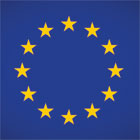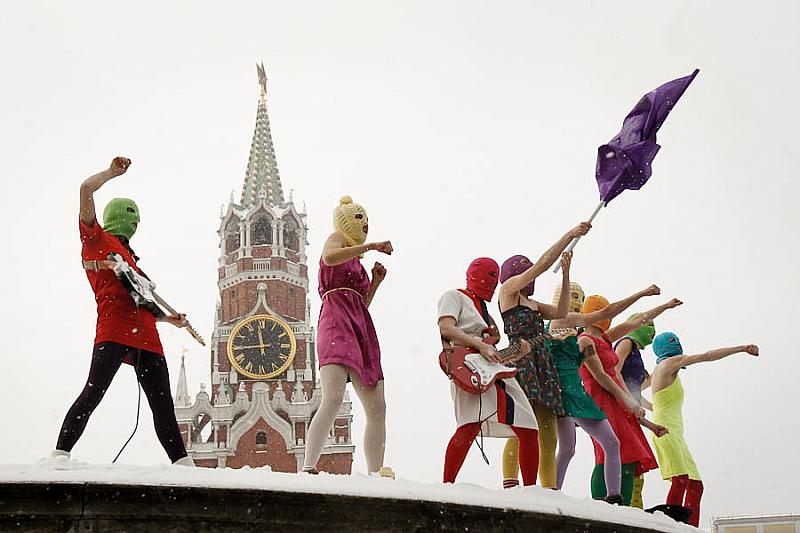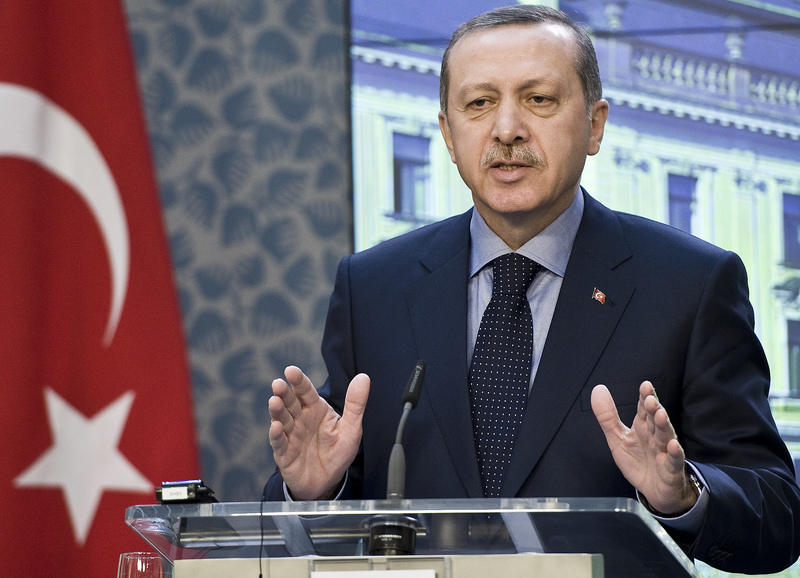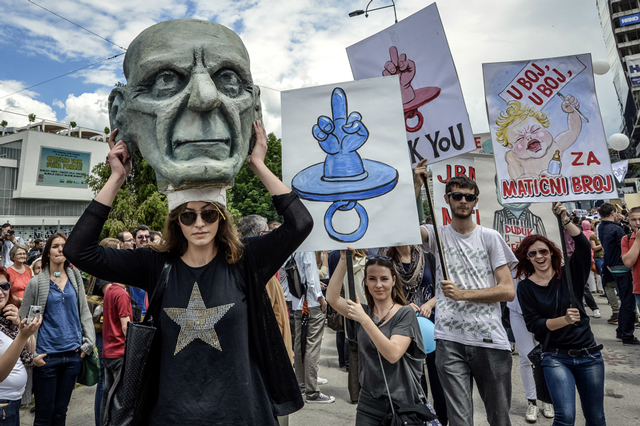The EU needs to develop a coherent and comprehensive digital freedom strategy. Brian Pellot writes
CATEGORY: Europe and Central Asia

Banning of Geller and Spencer from UK will only build grievance
Britain’s ban on anti-Muslim activists could do more harm than good, says Padraig Reidy
EU adopts guidelines to “protect and promote” LGBTI rights
Coming on the heels of Russia's enactment of a "gay propaganda" law, the European Union's decision to adopt guidelines to protect the rights of lebian, gay, bisexual, transgender and intersex persons in foreign relations on Monday is welcome. Sean...

Azerbaijan activists’ detention extended
Protesters face an extra three months in prison without trial. Padraig Reidy reports
Spain’s Google privacy case “an interference with the freedom of expression”
Should search engines be forced to block results that link to newspaper articles? No, the Advocate General of the European Court of Justice said earlier today, deciding Google need not block “legal and legitimate information that has entered the public domain”. Brian Pellot writes

Free expression guidelines a crucial opportunity for EU
As the European Commission opens a consultation on its planned freedom of expression guidelines, Index on Censorship is publishing a public note setting out what it sees as the key principles that must underpin such guidelines.

Pussy Riot in London: “We are now in a fight. When the world is less sexist, then we will celebrate”
Index’s Padraig Reidy speaks to two members of the Russian feminist punk group on a secret trip to the UK

Germany stalls Turkey EU talks over unrest
Germany has blocked Turkey’s next steps towards European Union membership. Sara Yasin reports

Bosnians protest as political row leads to infant death
In the shadow of events in Turkey and Brazil, Bosnians have been taking to the streets. For over a week, citizens of the small Balkan country have been protesting their leaders’ failure to pass a new law on citizen identification numbers, leaving babies unable to travel for medical care Milana Knezevic writes

Şanar Yurdatapan on Turkey: ‘Things will never be the same again’
Turkish composer and Index Award winner Şanar Yurdatapan shared his views on the events in Turkey with Marek Marczynski
